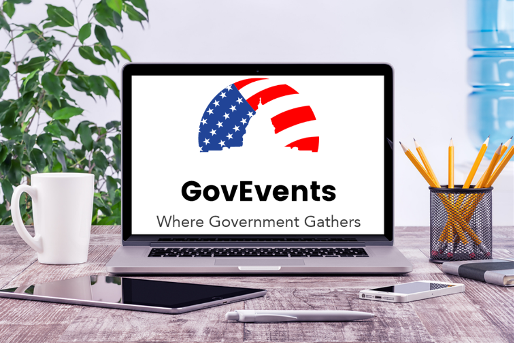
We've written quite a bit about virtual events and webinars. With our new COVID reality, we thought it was an important topic to revisit.
While virtual and online events may be the only option in the short term, event organizers can benefit from a virtual mindset when they approach all events going forward. Integrating a plan to host your event virtually if circumstances demand it should be a mandatory part of the overall planning process. Organizers should have the technology in place so they can easily "turn it on" when needed. Even if the event does go off as planned, live and in-person, consider adding online aspects to increase engagement. The option to create streaming video should become an essential event utility like electricity or WiFi.
While social distancing may have accelerated the acceptance of online events, webinars, in particular, are not a new concept in the federal market. Market Connections' Federal Media & Marketing Study (FMMS) found that three-quarters of federal workers reported watching live webinars during the workday and at least one in five were watching recorded webinars on their own time (weeknights and weekends). Webinars tend to be mainly one-way communication - with a speaker presenting and time for questions at the end. Frequently, the Q&A is not done "live," rather questions are gathered via messaging, vetted, and asked by the host. However, as our collective comfort with platforms like Zoom, WebEx, and Skype grow, future webinars could become more interactive, allowing for video participation and interaction between speakers and participants.



 Personalization is a hot trend in events, but what does it really mean?
Personalization is a hot trend in events, but what does it really mean? 

